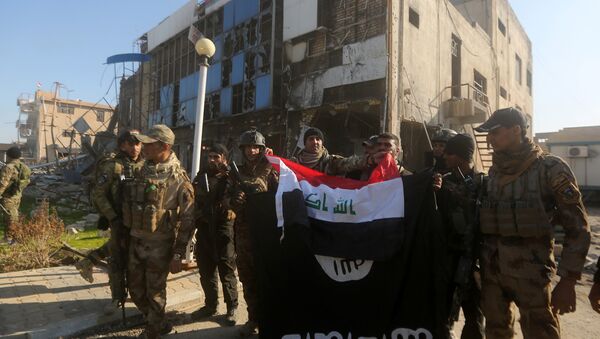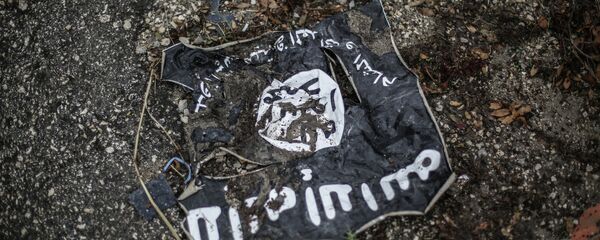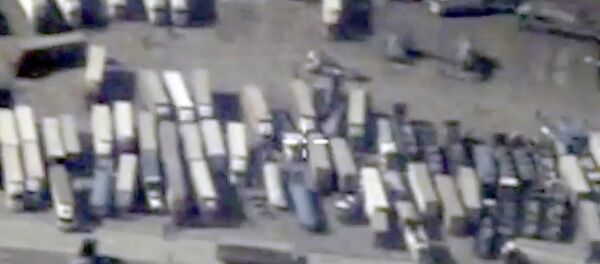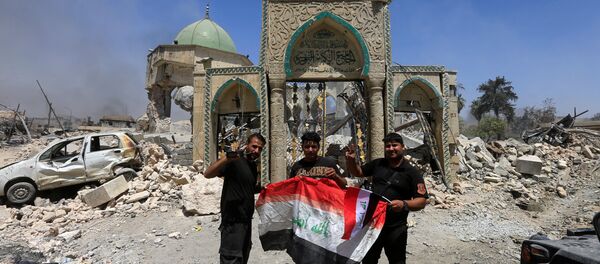Washington’s Puzzle
Moreover, according to the author, the defeat of Daesh risks igniting all of the currently "sleeping" regional conflicts, including between Turkey and the Kurds, between Riyadh and Tehran in Yemen, between Gulf monarchies and Qatar, between Damascus and Israel etc.
The US is currently considering options on a permanent military presence in Iraq and Syria in the future.
"The question is what the size and the terms of such a presence will be. What will be decided on supporting Kurds? In theory, if the US stops supporting them, Kurds are likely to turn to Russia or Iran for help," Plekhanov wrote.
However, the most problematic issue, according to the author, is whether the US will be able to stay neutral in such a tense and complicated environment, because there are certain risks of a military confrontation, including with pro-Iranian forces or even Russia.
What’s After Daesh?
Al-Qaeda lost its role in the terrorist world, especially after breaking up with al-Nusra Front in Syria in 2016. According to Plekhanov, al-Qaeda will not be able to fill in a power vacuum after the fall of Daesh.
As for an alliance between Daesh and al-Qaeda, this is extremely unlikely to happen due to the hostility between the two organizations.
Nevertheless, according to Plekhanov, it is too early to declare the death of Daesh after its defeat in Syria and Iraq. Many experts suggest that the terrorist group could focus on running trade and businesses in order to become more financially independent and continue its activities.
Furthermore, the Institute for the Study of War warned in February that a new Sunni insurgent moving has started to grow in Iraq. The defeat of Daesh could play into their hands in fighting against the Iraqi government.
According to Plekhanov, none of the problems behind the rise of Daesh in Iraq have been solved so far.
"The question now is how much time will it take Islamists to raise their head again?" the article read.





